By Dawn Butler
Shadow secretary of state for women and equalities
A 100 years ago today our country took the first important step in giving some women the right to vote. Tuesday (6) was a momentous occasion marking the centenary of women’s suffrage, celebrating the achievements of phenomenal women.
This right was hard-fought not simply handed to us. Brave and passionate women made incredible sacrifices so that women could have equal rights. But it was only the first step.
We must use this moment as inspiration to address the many big challenges facing women. This is why I am proud to be launching Labour’s campaign to ensure we take the next steps to achieving full equality for women.
Labour already has a strong record to be proud of. Every major piece of legislation that has improved the lives of working women has been introduced by a Labour government. Whether it is extending the right to statutory maternity leave to a full year to all employed women, to introducing the Equal Pay Act, Sex Discrimination Act and Equality Act.
There is still much more to do but sadly I fear we are taking a step backwards under the Tories.
We want to build a society and an economy where women thrive and get to the top no matter what their background. But under Theresa May’s Conservative government a shocking 86 per cent of cuts have fallen on women, with Black, Asian and minority ethnic groups suffering the most.
Analysis by the Runnymede Trust and Women’s Budget Group found that Asian households in the lowest fifth of incomes will experience the biggest average drop in living standards of 20.1 per cent, which equates to a real-terms annual average loss in living standard of £11,678. This is an unacceptable burden and proof the Tories are not on the side of women and our diverse communities.
We want as many women as possible to use their right to vote. But the Tories again find themselves on the wrong side of history by denying the vote to 16 and 17-year-olds. Labour will work to drive up voter registration in the lead up to the local elections and beyond, to ensure that every woman’s voice is heard.
Parliament must reflect the society it serves. But the Tories rejected the recommendations of the Women and Equalities Select Committee report which aimed to do just that. I’m proud that Labour has more female MPs than all the other parties combined but we’re not stopping there – we will ensure 46 of Labour’s top 76 target seats are picked from all-women shortlists. Women deserve equal representation.
We want women to be treated equally under the law. The Tories have shown nothing but inaction in response to recent gender pay gap figures and high-profile cases of sexism and misogyny. Following the Presidents Club scandal we are calling on the government to reverse the decision taken by the Coalition government to remove employee protections against third party harassment from the Equality Act 2010 which made women unsafe.
Labour want women to be protected and to feel safe in society. But under the Tories there remains a crisis with domestic violence services. Specialist support services for women are a lifeline for women and girls escaping domestic violence but the government’s proposed reforms threaten refuges’ last bit of secure funding - housing benefit - which puts services at risk.
Many of these issues could be avoided if the government considered the impact of their policies on women. Yet the government recently voted down a Labour amendment to the Finance Bill which would have done just that. Labour would put words into action by gender auditing legislation before implementation.
This all show us the scale of the challenge we face in achieving full equality. But Labour will not give up the fight. We will build on women’s suffrage and redouble our efforts to take the next steps.
One of Labour’s next steps is to provide free sanitary products in schools and airports to tackle period poverty. Period poverty isn’t just a problem in the UK - it’s a problem everywhere. I remember how sad I was to read about a young Indian girl who was shamed in her class over her period and then killed herself. I believe that period poverty should be one of our Sustainable Development Goals; when you empower girls you enrich a nation.
We can look to some phenomenal women for inspiration who have made a positive difference by taking action over the years. People like the Grunwick women, led by the incredible Jayaben Desai, were an inspiration in their campaign over working conditions and trade union representation in the factories in Brent. They showed us the power of people and our Labour movement in fighting for the rights of the many.
We will do all this while keeping intersectionality in mind. Many women experience different layers of discrimination at the same time, as a woman of colour may face double discrimination due to her race and her sex. For too long women from diverse backgrounds have been underrepresented in this fight for equality - just as some women but not all women were granted the vote in 1918. Labour believes in the fight for all.
So in this vital year, let us come together, no matter our gender, race, age, class or backgrounds, and commemorate this year and ensure that we take #THENEXTSTEP.

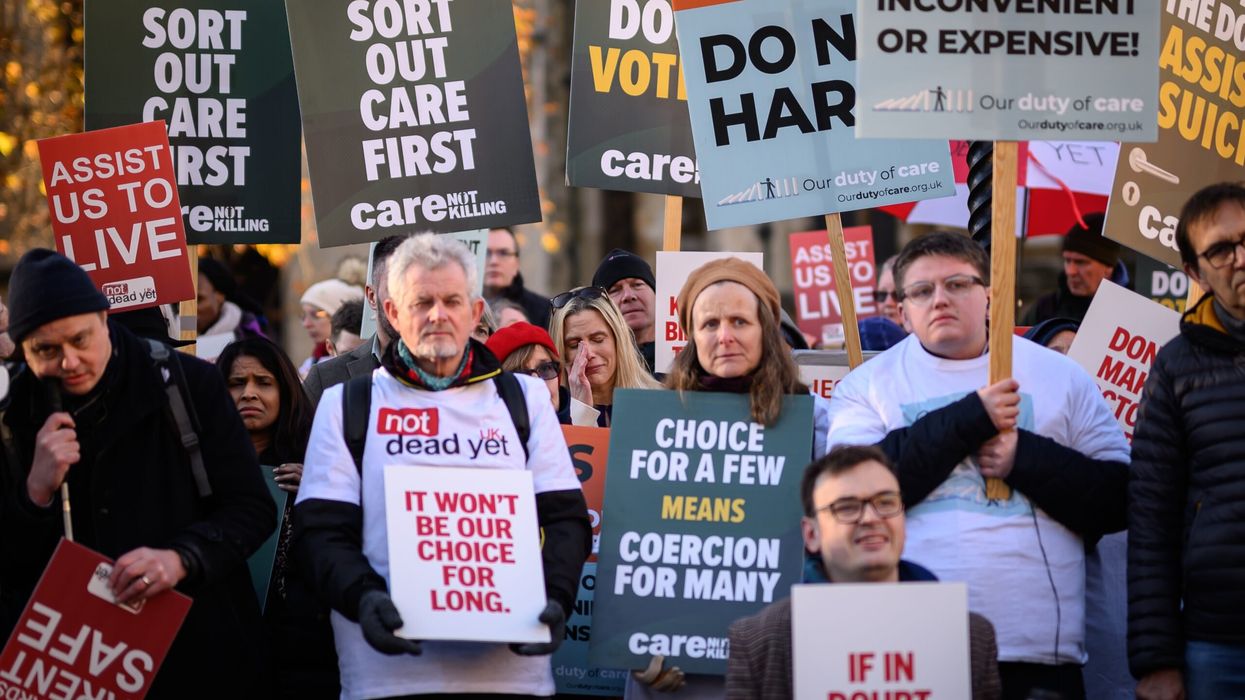
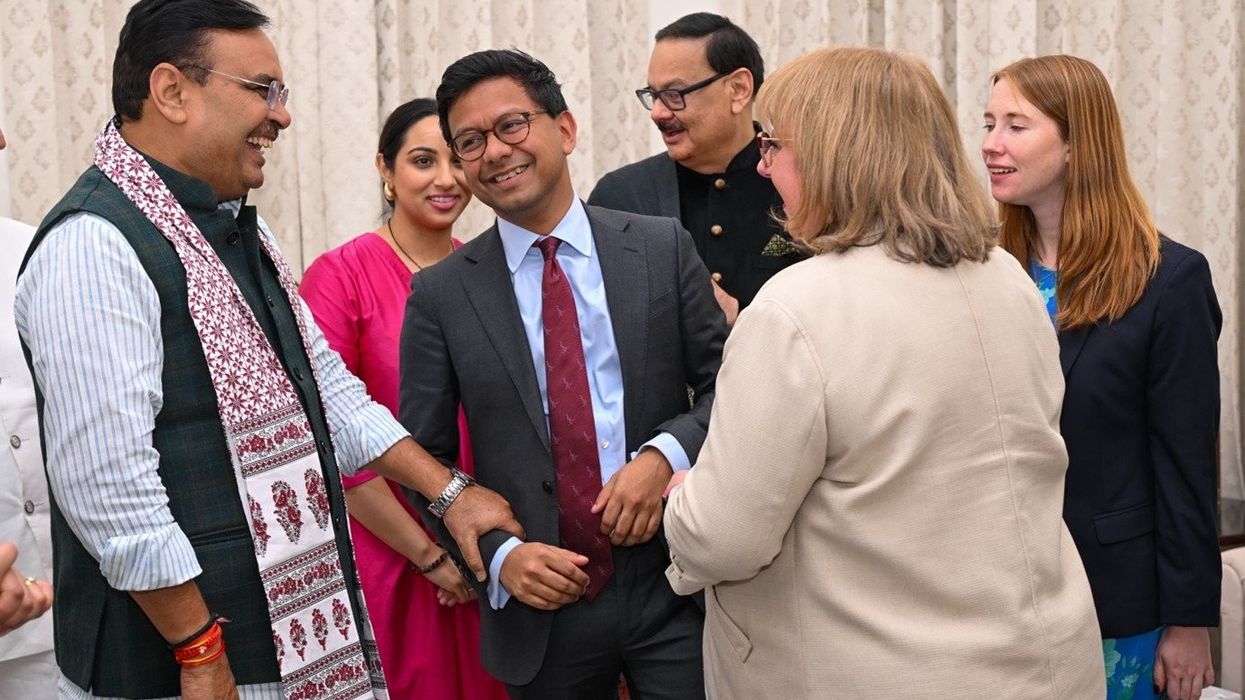


 Lord Karan Bilimoria with his daughter Zara
Lord Karan Bilimoria with his daughter Zara 


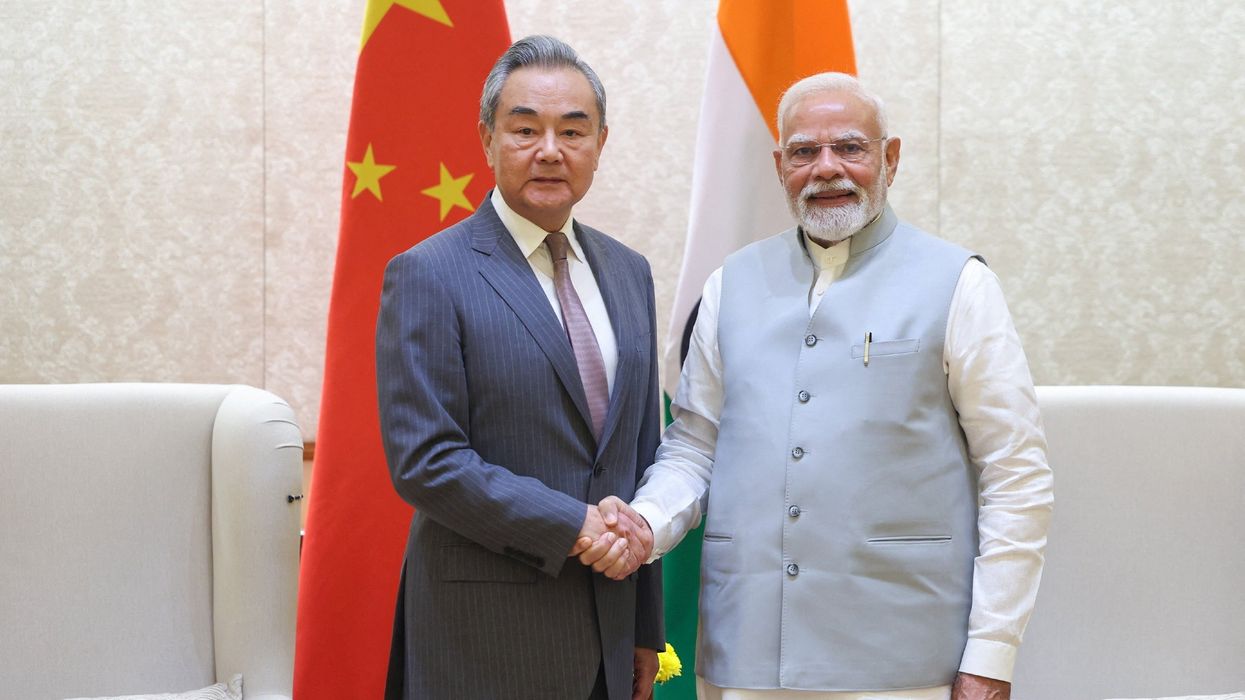

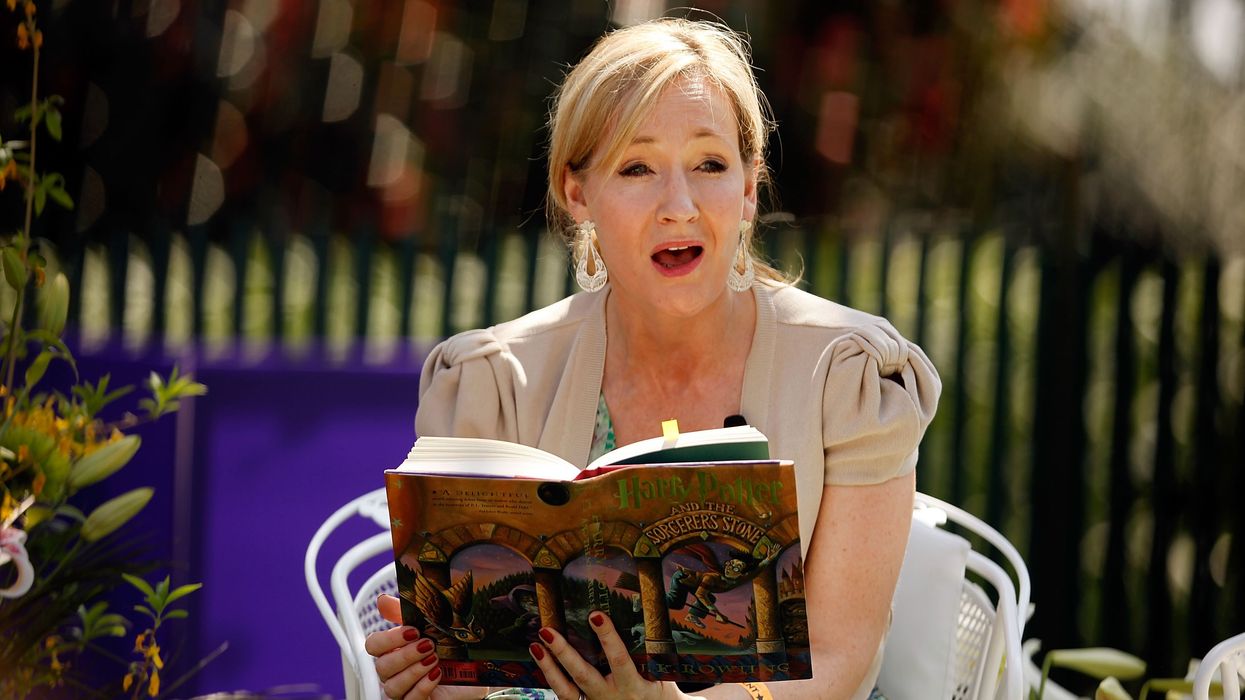




 Peter Searle
Peter Searle
 And, at Rangoon War Cemetery paying respects to those who fought to free Burma
And, at Rangoon War Cemetery paying respects to those who fought to free Burma

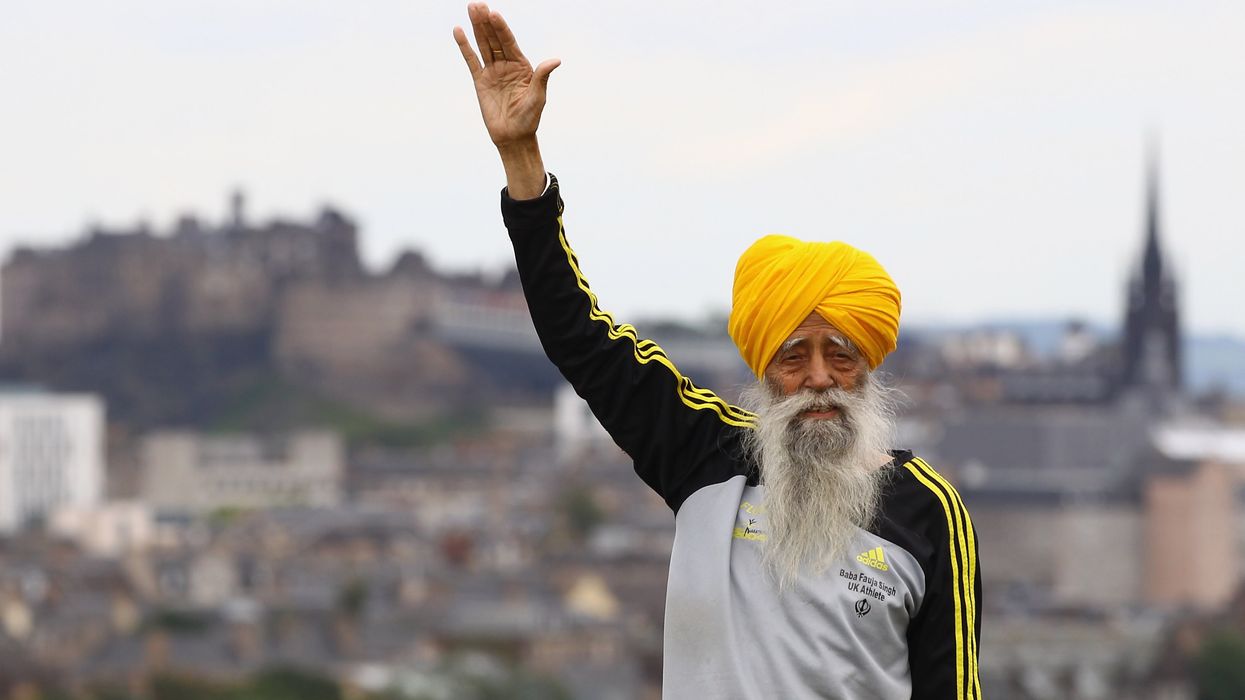
 Minreet Kaur
Minreet Kaur
Vote for Women centenary: Fighting period poverty is #THENEXTSTEP for Labour, says Dawn Butler